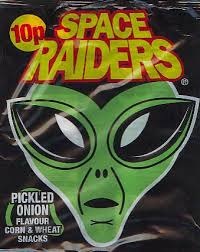Inflation
Inflation means a sustained increase in the general price level in an economy.
Inflation means there is an increase in the cost of living.
If a 'basket of goods' costs £100 on the 1'st January 2016 and cost £103 on the 1'st January 2017 then the inflation rate is 3%.
CPI = Consumer Price Index.
Unlike the Retail Price Index it does not include
housing costs.
What causes prices to rise?
'Cost push' factors such as rising wages or other input prices.
'Demand pull' factors if the economy is growing very rapidly and consumers have lots of disposable income.
How do high levels of inflation affect businesses?
1. Rising costs.
Will companies automatically pass these price rises on to customers?
2. Employees will want pay rises.
This may lead to 'industrial action'.
3. Putting prices up costs money.
So called 'menu costs'.
Not so expensive to change this 'sexist' menu:
Very expensive to change this catalogue:
4. If inflation is very high in the UK then it makes British products less competitive in international markets.
Inflation following the Brexit vote:
Deflation: From the graphs above can you identify when prices were falling in the UK?
The big impact on business of deflation is uncertainty.
Why make a considered purchase today when you know the item may be cheaper tomorrow?
Hyperinflation:












